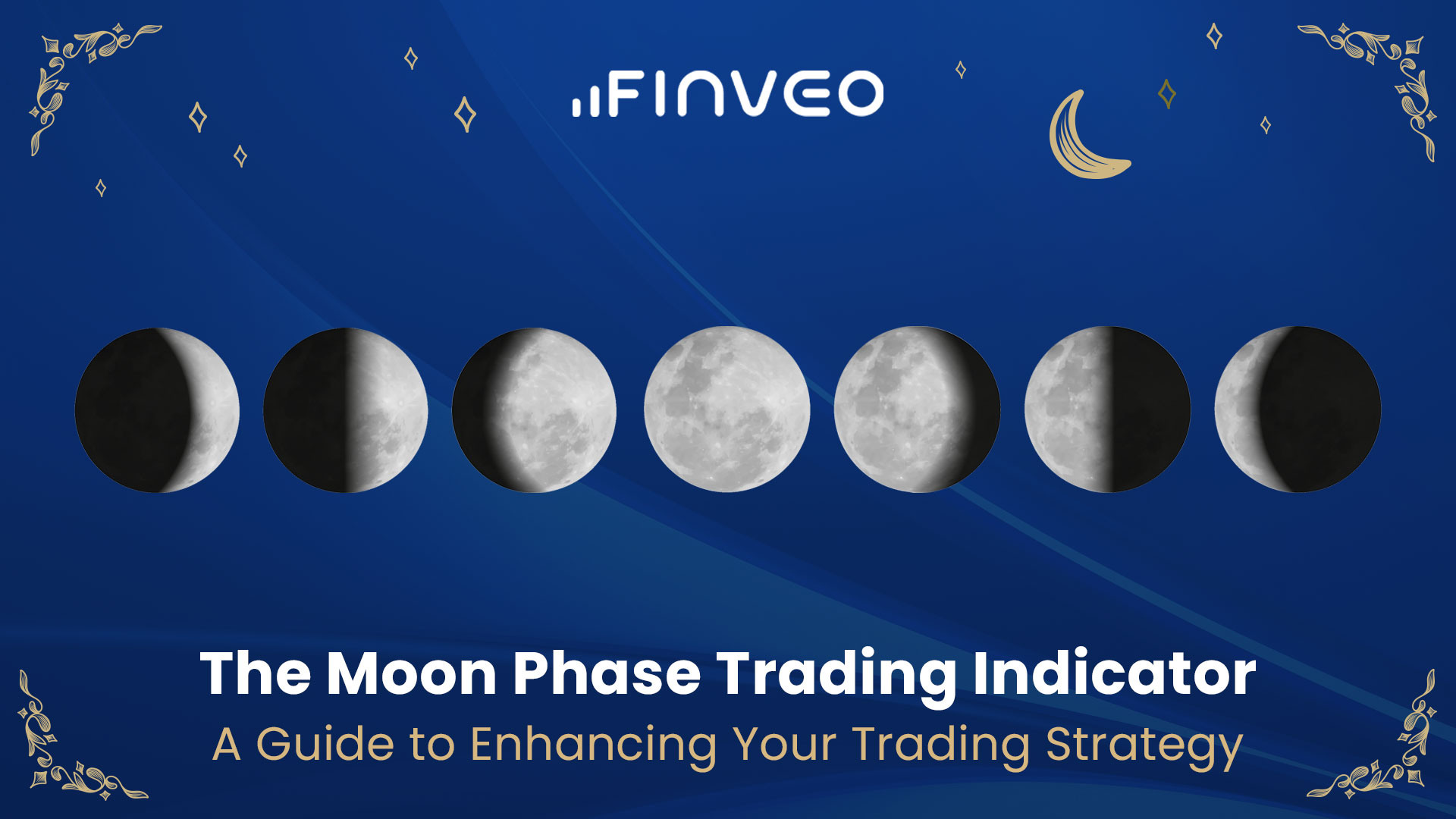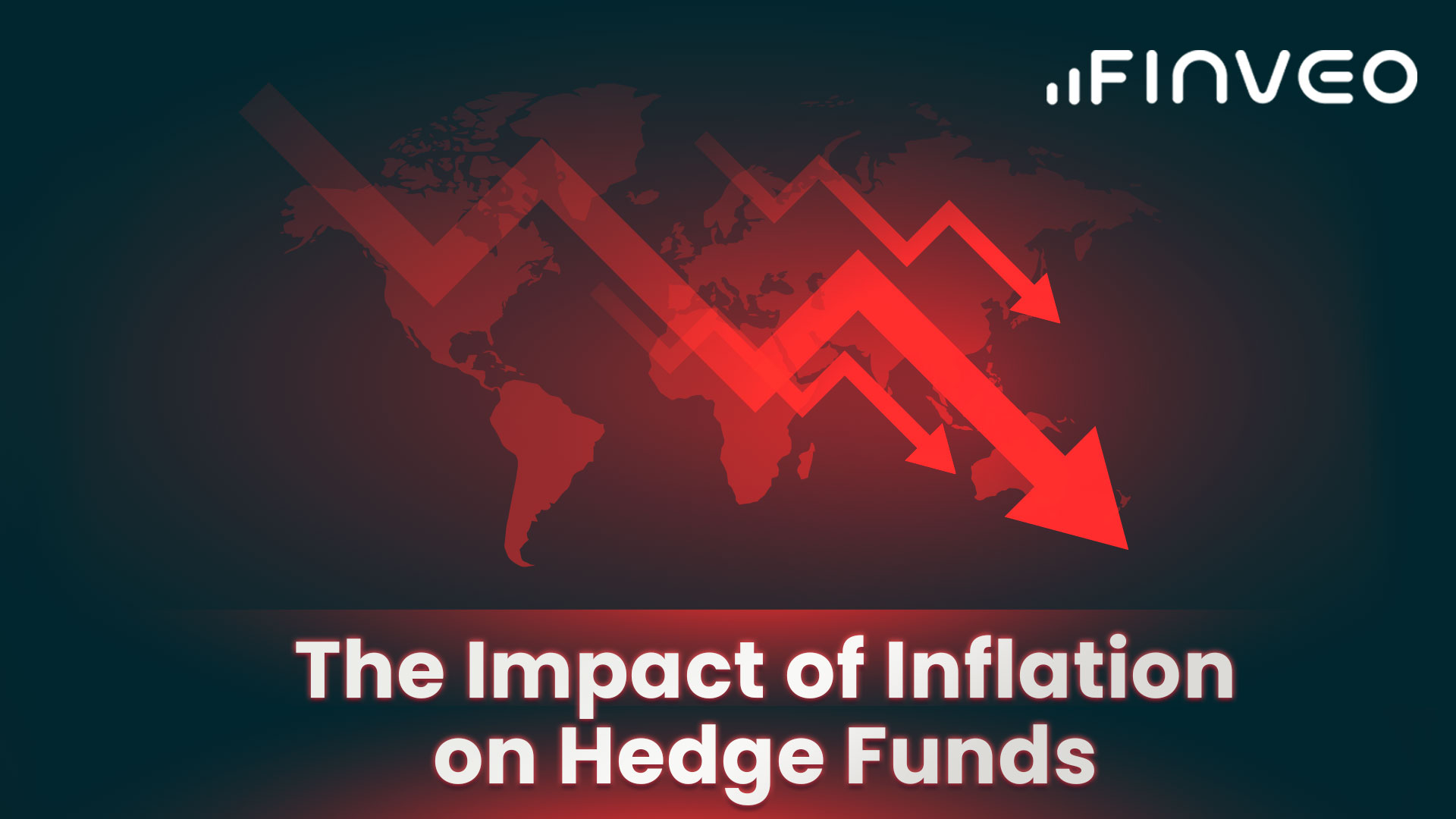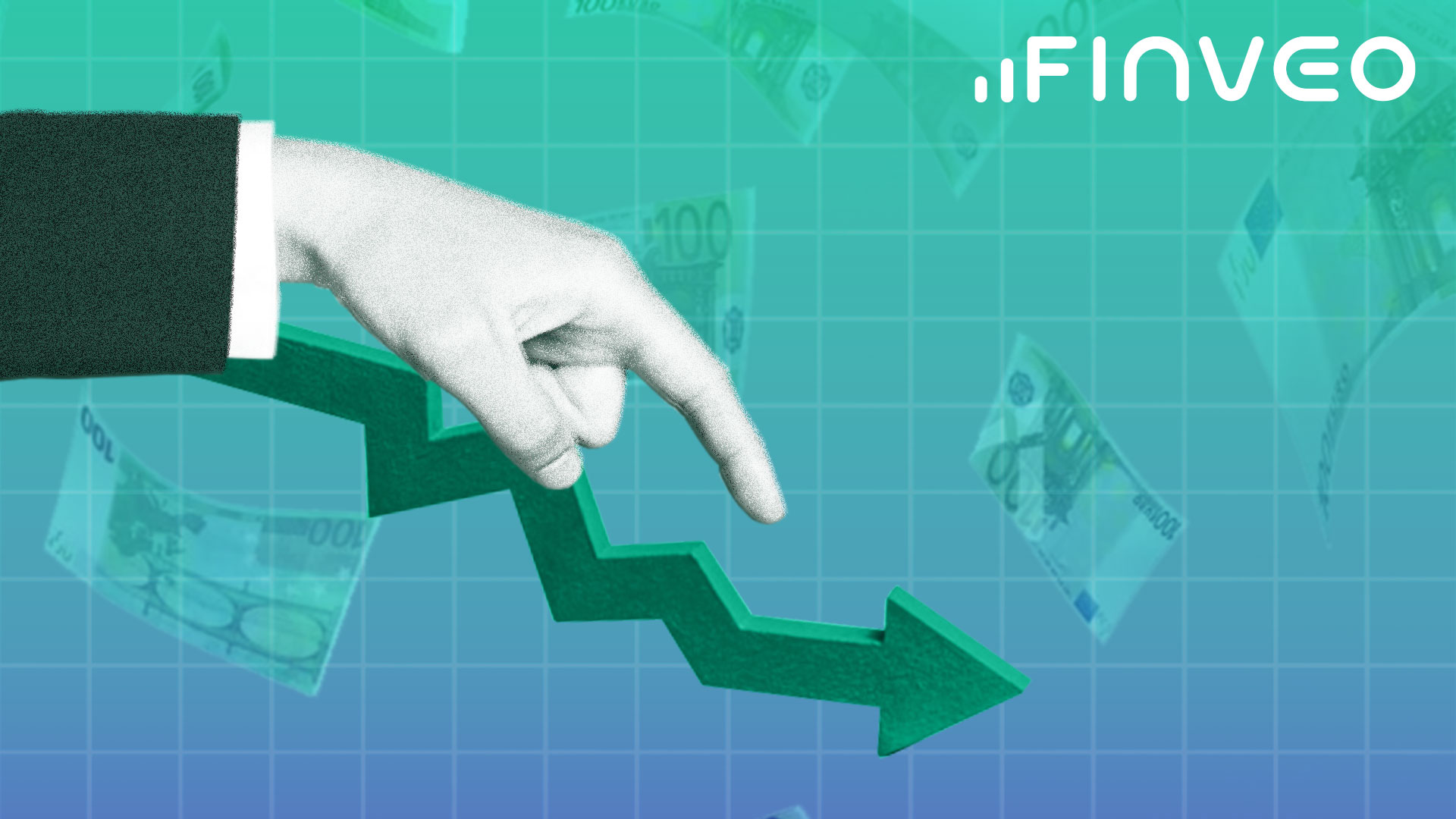Inflation is a key economic indicator that has a significant impact on forex trading. As a forex trader, it is important to understand how inflation can affect the value of currencies and the overall market. In this article, we will explore the impact of inflation on forex trading, and what you need to know to trade effectively in an inflationary environment.

What is Inflation?
Inflation is the rate at which the general level of prices for goods and services is rising, and, subsequently, the purchasing power of a currency is decreasing. Inflation is caused by an increase in the money supply or a decrease in the supply of goods and services. Governments and central banks monitor inflation closely to ensure that it does not spiral out of control, leading to a situation of hyperinflation.
Inflation and Currency Devaluation
When inflation rates rise, the purchasing power of a currency decreases, causing the value of the currency to drop. This can lead to a decrease in demand for the currency, which can ultimately result in its devaluation. Currency devaluation can have a significant impact on forex trading as it affects the exchange rate between two currencies.
For example, if the inflation rate in the United States is higher than the inflation rate in Europe, the value of the US dollar will decrease relative to the euro. As a result, the exchange rate between the two currencies will change, with the euro appreciating against the US dollar. This can create opportunities for forex traders to profit from the changing exchange rate by buying euros and selling US dollars.

Inflation and Interest Rates
Central banks tend to raise interest rates in response to inflation to slow down the economy and prevent it from overheating. Higher interest rates can make a currency more attractive to investors, which can lead to an increase in demand and a rise in value. Conversely, lower interest rates can make a currency less attractive to investors, leading to a decrease in demand and a drop in value.
For example, if the inflation rate in a country is rising, the central bank may raise interest rates to control inflation. This can make the currency more attractive to investors, as they can earn a higher return on their investment. This increased demand for the currency can lead to an appreciation in value relative to other currencies.
Inflation and Economic Growth
High inflation rates can hinder economic growth, as they can lead to higher costs for businesses and consumers, reducing demand and slowing down the economy. This can cause a decrease in demand for the currency, which can lead to a drop in its value.
For example, if the inflation rate in a country is high, the cost of goods and services will increase, reducing the purchasing power of consumers. As a result, consumers may decrease their spending, leading to a slowdown in economic growth. This can cause a decrease in demand for the currency, leading to a drop in its value.
Inflation and Currency Pair Volatility
Inflation can cause significant volatility in currency pairs, particularly in pairs where one currency is experiencing high inflation while the other is not. The higher inflation currency may see its value drop significantly, leading to large swings in the currency pair's value.
For example, if the inflation rate in the United States is significantly higher than the inflation rate in Japan, the value of the US dollar may decrease relative to the Japanese yen. This can lead to significant volatility in the USD/JPY currency pair, with the exchange rate fluctuating rapidly as traders adjust their positions in response to changing market conditions.
How to Trade in an Inflationary Environment
To trade effectively in an inflationary environment, forex traders need to keep a close eye on inflation rates and their impact on the currency markets. By understanding the relationship between inflation and currency values, traders can better predict market movements and adjust their trading strategies accordingly.
Here are some tips to help traders navigate inflation:
- Stay informed: Keep yourself updated on the latest news and economic data related to inflation. This includes monitoring inflation rates, government policies, and central bank announcements.
- Diversify your portfolio: Consider investing in a mix of asset classes such as stocks, bonds, commodities, and real estate to hedge against inflation.
- Consider inflation-adjusted securities: Look into investing in inflation-adjusted securities such as Treasury Inflation-Protected Securities (TIPS) that offer a guaranteed return above inflation.
- Monitor interest rates: Rising interest rates can be an indication of increasing inflation, which can impact the value of assets. Keep an eye on interest rates and adjust your investments accordingly.
- Focus on high-quality companies: Companies with strong fundamentals and a history of weathering inflationary periods tend to perform better during times of inflation.
- Have a risk management strategy: Implement a risk management strategy to protect your portfolio from potential losses during inflationary periods.
- Avoid panic selling: While inflation can be concerning, avoid making knee-jerk reactions and selling off assets during a temporary period of inflation. Instead, focus on long-term investment goals and stay disciplined.
In summary, forex traders need to keep a close eye on inflation rates and their impact on the currency markets. By understanding the relationship between inflation and currency values, traders can better predict market movements and adjust their trading strategies accordingly.
Try Out Virtual Trading
Test your trading skills with up to $100,000 of free virtual money and all advantages of our Standard Account type! Open a free demo account and practice trading and strategies, until you become confident enough to make real profits with us.





